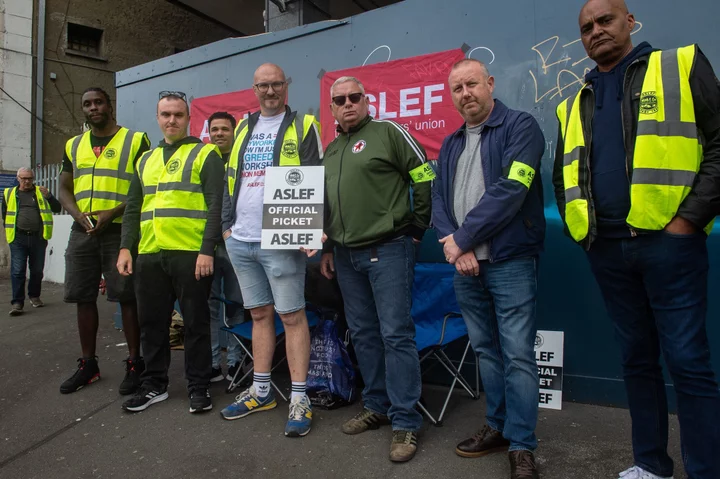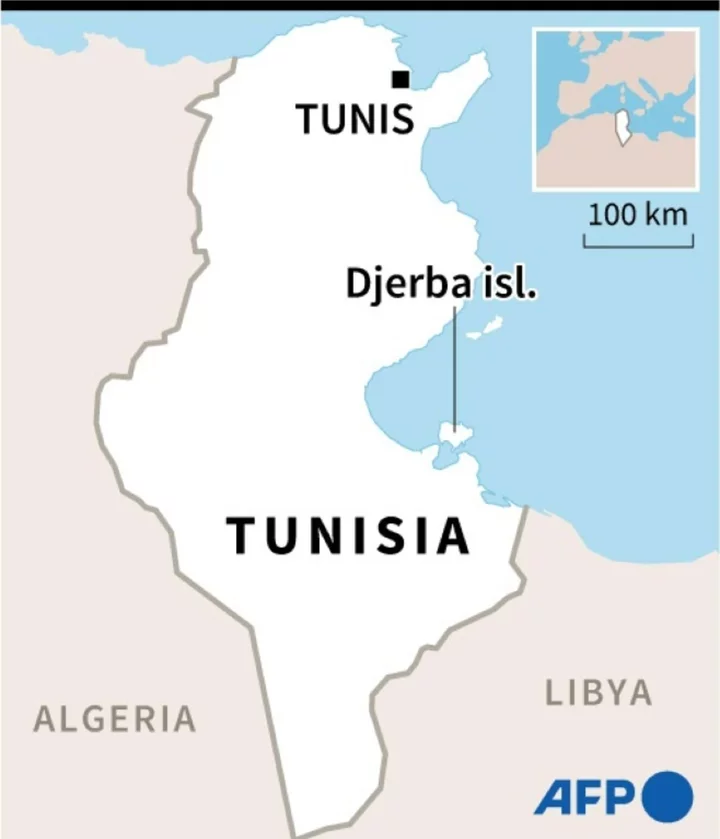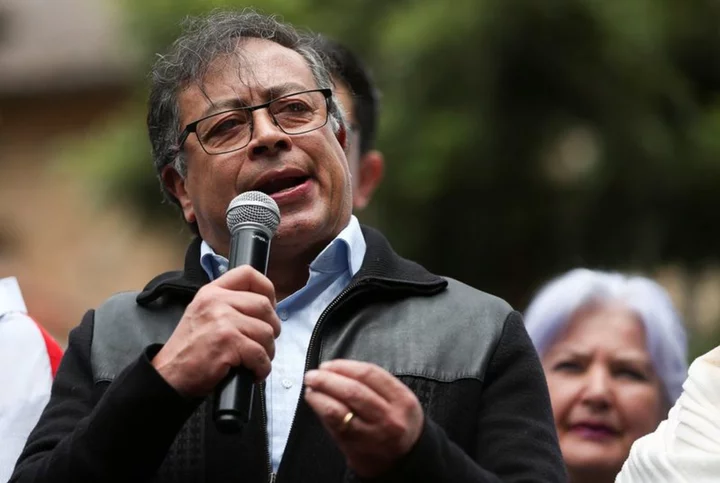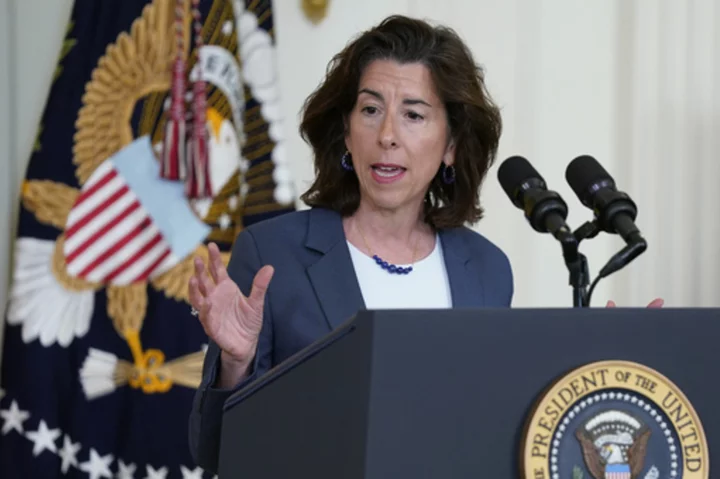Britain is braced for a week of crippling rail strikes and unprecedented protests by doctors as unions vent their anger toward the ruling Conservative Party’s conference in Manchester.
Routine health services will come to a “near standstill” in England, according to a senior NHS official, when junior and senior doctors strike together from Monday to Wednesday. They have accused Tory ministers of presiding over double-digit pay cuts since coming to power in 2010, by failing to lift wages in line with inflation. The government says doctors have been offered steeper raises than most other staff.
The latest walkout will delay thousands more medical procedures, adding to more than a million appointments that have already been postponed since the health service was disrupted by strikes toward the end of last year. The NHS said nearly 130,000 appointments were rescheduled as a result of the most recent strikes by medics from Sept. 19-22.
“The repercussions of this deadlock on patient care, financial costs and staff morale should be a resounding wake-up call for both the government and the unions,” said Saffron Cordery, deputy chief executive at NHS Providers, an organization that represents NHS services.
She said the strikes have cost the NHS more than £1 billion ($1.22 billion) to date.
Separately, train drivers went on strike Saturday and will walk out again on Wednesday, in an attempt to disrupt the start and end of the Conservatives’ annual conference.
QuickTake: Why Do British Public Service Workers Keep Striking?
The Aslef labor group that represents train drivers will also be staging an overtime ban from Monday to Friday, which is expected to cause delays and cancellations. Rail unions are protesting over pay and have accused the government of preventing train companies from making a more generous offer.
The RMT union is holding walkouts across the London Underground on Wednesday and Friday as part of a dispute over job cuts and changes to working conditions.









